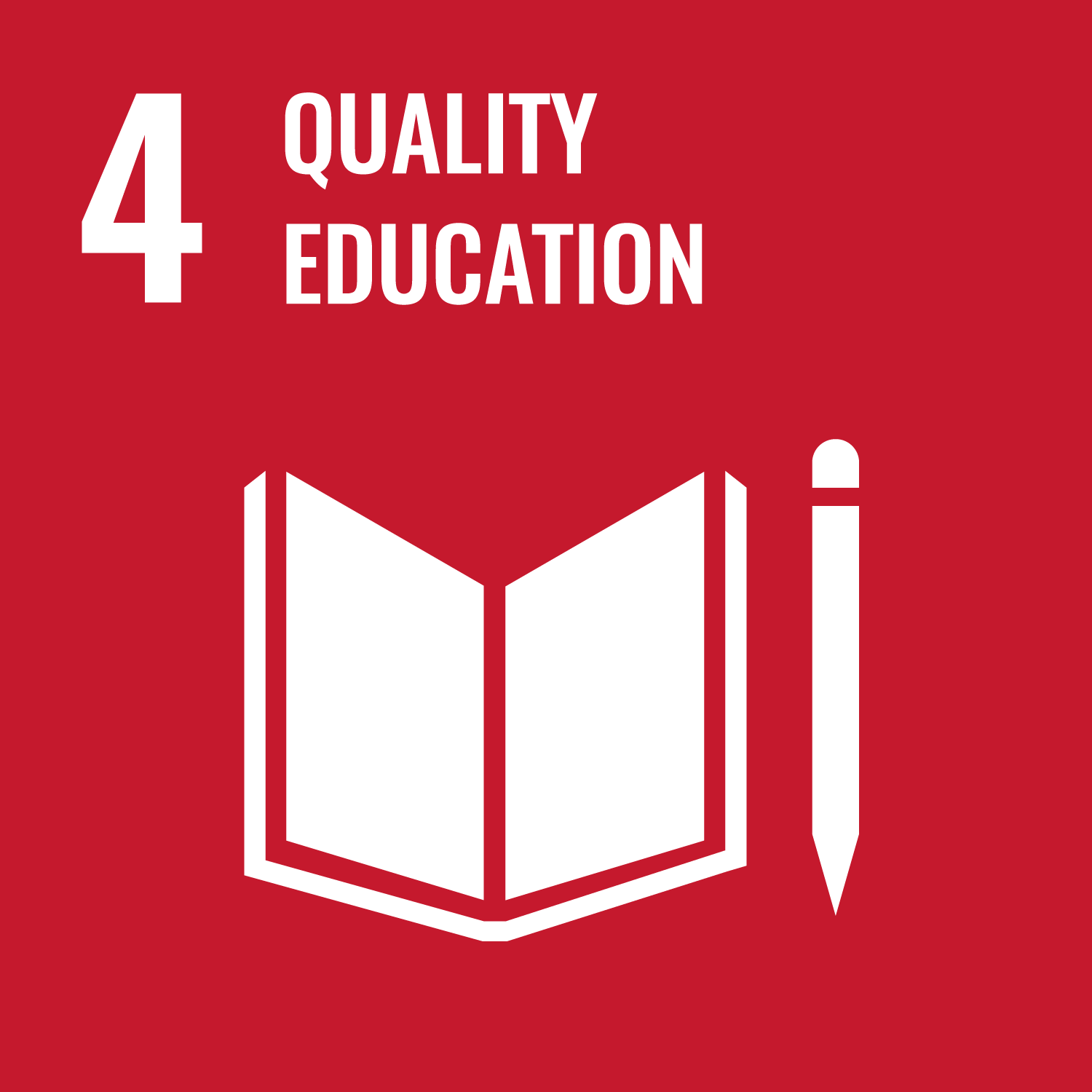COCO
Project
Collaboration Compass: fostering innovation-driven cooperation between HEIs, NGOs, and CSOs
The COCO project fosters co-operation between higher education institutions (HEIs) and NGOs/CSOs to address social and environmental challenges through innovative, interdisciplinary collaboration. By raising awareness of the benefits of co-operation, upskilling key actors through experiential learning and mentorship, and providing practical tools to guide and assess partnerships, COCO strengthens higher education’s social responsibility and engagement in Third Mission activities. The project implements Mini-Publics in Denmark, Italy, and Poland to identify stakeholder needs, Reciprocal Mentorships to encourage mutual knowledge exchange, and a Civic Classroom to equip students with skills for the not-for-profit sector. These efforts are reinforced by Impact Innovation Expos, where students co-create solutions with NGOs/CSOs, and by Exploration Workshops that test and refine approaches. Another key outcome is the Collaboration Compass, a scalable framework with five interactive digital tools supporting HEI–NGO partnerships. Through a Virtual Exhibition and replicable engagement formats, COCO showcases best practices and promotes sustainable, impactful collaboration across Europe.
ACEEU's Role:
In the COCO project, ACEEU leads the development of the Collaboration Compass, hosting the ideation workshop and transforming partners’ conceptual designs into interactive digital tools embedded in the project website. ACEEU develops the certification for the Civic Classroom course and analyses feedback from Mini-Publics and Reciprocal Mentorships to create an Awareness Guide. In addition, ACEEU co-leads Dissemination and Sustainability by designing the project’s branding, visual identity, and Dissemination, Exploitation and Communication (DEC) Strategy. ACEEU is also responsible for Quality Assurance, establishing processes to monitor progress and ensure high standards across all project activities.




